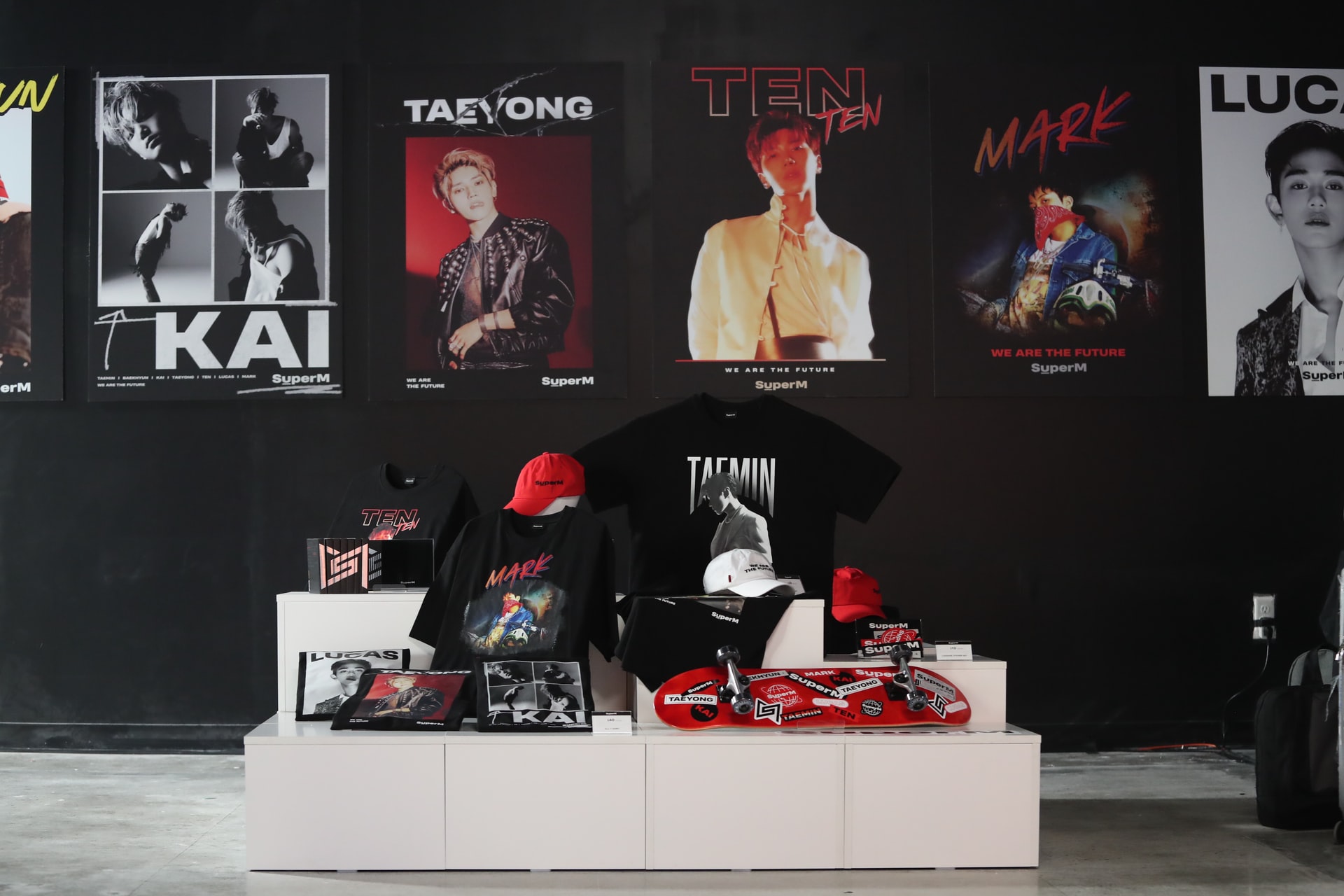The world of K-Pop

K-Pop (short term for Korean Pop) has become a worldwide phenomenon thanks to a combination of addictive melodies, ingenious choreography, impeccable productions, and artists who devote most of their lives to mastering their singing and dancing. But this wasn’t the case before.
It all starts with the term Hallyu, a Chinese term that means: the Korean wave. What Korean wave? The one that’s increased South Korean culture since the 90s and was responsible for showing it to the rest of the world. From the popular doramas (drama genre series) to the skincare products, korean tacos, and, of course, k-pop.

The Korean wave has been growing for three decades, but k-pop has been visible for approximately 15 years. Korean artists have repeatedly been among the Billboard Hot 100s and the increase of the genre has blown up Korean music industry to a not so humble $5 trillion dollar annual income.
K-pop originated in 1992 with the appearance of Seo Taiji and Boys group. They were known for experimenting with various genres and styles and adding foreign elements to their music, two characteristics that helped the South Korea music scene to have a new direction. This band was active between 1992 and 1996, more fleeting than The Beatles, but it had enough time to make a difference in Korean pop music.
Also, between 1995 and 1998 three powerful music studios emerged: SM Entertainment (also known as SM Town) in 1995, JYP Entertainment in 1997, and YG Entertainment in 1998, created by Yang Hyun-suk one of Seo Taiji and Boys’ members. Together these studies began to cultivate what we know today as Idol groups.

Idol groups in Korea consist of boys, girls, or mixed groups with amazing singing and dancing skills, well-timed choreographies, an extra talent for rapping or playing musical instruments, acting or promoting products, and also, each member has a unique character and disparity that comes together through music.
Japanese idol groups are based around the idea of creating idols within reach of their fans. Each idol debuts and hones their skills giving fans the opportunity to watch them grow as an artist, while in South Korea, aspiring idol artists spend their childhood and teenage years mastering artistic skills and personal image to audition for an idol group.
When talking about k-pop we don’t ask ourselves "what does it sound like?" but rather "what are all the things a k-pop artist can do?"
There are three things that make k-pop a real contribution to contemporary pop music: a high-quality presentation (especially dancing), an extremely polished gracefulness, and an "in-house" method of studio production that creates musical hits the same way assemblers manufacture automobiles.

The clearest example of this is Gee from Girls' Generation, a 2009 hit fortunate enough to appear when the world’s pop music radar began noticing K-Pop productions, it even managed to go viral on the internet, which allowed Girls’ Generation’s fame to grow in the United States.
K-Pop today is a diverse and ever-changing world, creating pop music influenced by all other existing music genres as different as they may be. An example of this is the Super Junior group that’s experimented with genres such as hip hop, rap, electronica, reggaeton, latin, pop, etc., reaching fans of all likings by having a rich musical style.
These changes are also reflected in the concept of each production and idols’ image. For women, you can see the transition between a shy school girl to a sexy and empowered woman, and for men, the bad boy who goes against social rules becomes an elegant and sophisticated man who triumphs in the world of capitalism.
The producers play with concepts in each production and as the idol group is consolidated in the industry, which is based on the music scene, but thanks to the entertainment ecosystem in Korea, it reaches all sorts of media, such as TV, movies, esports, advertising, diplomatic issues, and activism, among others.
We can’t talk about K-Pop music without the idol movement, which is the culture created around this genre, popular in networks and the world. Without a doubt, k-pop is the key element that allows the Korean wave to spread through the world in which we live.
Which K-Pop artists are your favorites? Tell us about it!
If you enjoyed the article, you'll love these games:







